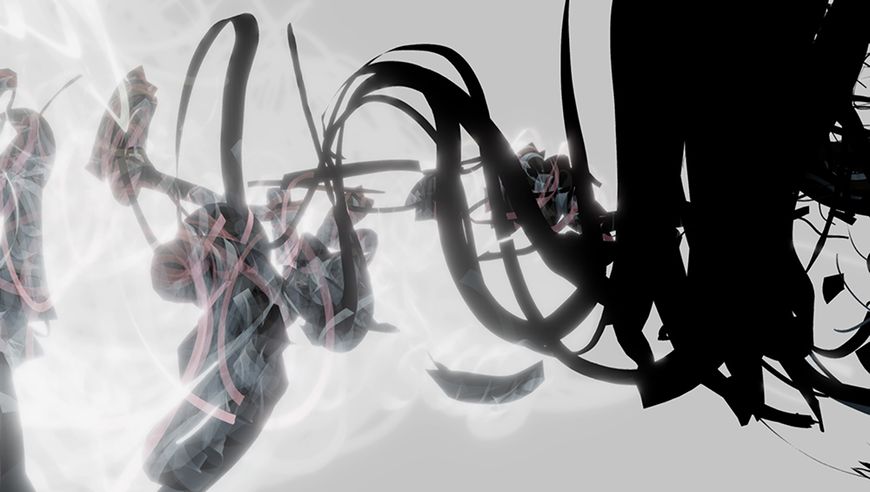"Design Modelling Symposium Berlin 2019 Impact: Design With All Senses" highlights four areas which are multi-physics modelling, mixed reality design, regenerative design and designing human spaces. Questions will include: What are new innovative workflow paradigms for spatial design explorations? How are different models of kinds of performances parameterised and interfaced with design? Which concepts for reversibility of the built environment are used?
Spatial Design is a fundamental practice in humans’ shaping of the material world. As a cultural technique, it is a key activity in the design-based disciplines as well as in the arts and in engineering. The digital revolution has led to the development not only of new spatial design technologies, devices and tools, but also of new fundamental processes and strategies, in which generative procedures make algorithms an indispensable component in the design process. But it is not only technological possibilities that are progressing. The social configurations of spatial design are also shifting, as are spatial awareness and spatial experience. It is becoming increasingly difficult to differentiate between environments and technology: surfaces are becoming interfaces, inhabitants are becoming nodes, and products are transforming into services. As a consequence, established concepts of authorship, ‘reality’ and ‘authenticity’ need to be re-evaluated.
All forms of design are increasingly using digital representations and digital tools to provide more immediate feedback on the designs being generated. In this context, we can observe a gradual convergence of artistic and technical design processes. Media art and design are drawing intensively from technological developments, whereas the development of technical products and services are increasingly considering non-technical aspects such as user experience and intuition.
By synthesizing artistic, theoretical and technological perspectives and positions, the symposium will provide a platform for key research questions about the role of the digital in relation to art, architecture and design, and the impact on the future of society, environment and innovation. In this context the integration of life cycle analysis as a fundamental parameter of any design exploration and optimisation seems to be key question in the further production of human physical and social space in all scales. What will be our impacts for further generations and how could we adapt the new design methods and environments in combination with digital fabrication processes and innovative material systems to a new quality in a Regenerative Design.
Additionally workshops for students and professionals will take place on 21.09 and 22.09.2019. Workshops include "Fresh Eyes: Applying Machine Learning to Generative Architectural Design" and "Generative Design Workflows with Project Refinery and Dynamo" among others.
Date: 23.09-25.09.2019 (Workshops:21.09-22.09.2019)
Venue: University of the Arts Berlin, Georg-Neumann-Saal, Einsteinufer 43, 10587 Berlin

